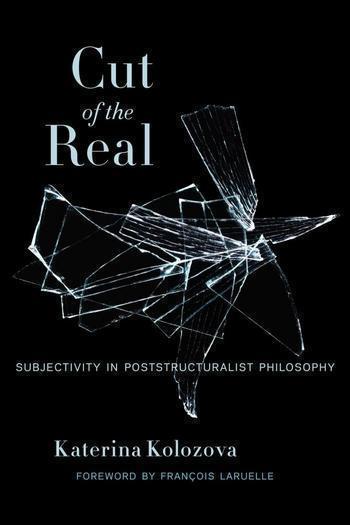Victor Tupitsyn: The Museological Unconscious: Communal (Post)Modernism in Russia (2009)
Filed under book | Tags: · art history, community, community art, conceptual art, contemporary art, factography, identity, photography, postmodernism, russia, socialist realism, sots art, soviet union, utopia

“In The Museological Unconscious, Victor Tupitsyn views the history of Russian contemporary art through a distinctly Russian lens, a “communal optic” that registers the influence of such characteristically Russian phenomena as communal living, communal perception, and communal speech practices. This way of looking at the subject allows him to gather together a range of artists and art movements–from socialist realism to its “dangerous supplement,” sots art, and from alternative photography to feminism–as if they were tenants in a large Moscow apartment.
Describing the notion of “communal optics,” Tupitsyn argues that socialist realism does not work without communal perception–which, as he notes, does not easily fit into crates when paintings travel out of Russia for exhibition in Kassel or New York. Russian artists, critics, and art historians, having lived for decades in a society that ignored or suppressed avant-garde art, have compensated, Tupitsyn claims, by developing a “museological unconscious”–the “museification” of the inner world and the collective psyche.”
With an Introduction by Susan Buck-Morss and Victor Tupitsyn
Publisher MIT Press, 2009
ISBN 0262201739, 9780262201735
x+341 pages
Reviews: Raoul Eshelman (ArtMargins 2009), Gillian McIver (a-n 2009), Alexander Etkind (Russian Review 2010), Sven Spieker (Slavic Review 2010), Lara Weibgen (ArtJournal 2011).
PDF (6 MB)
PDF chapters
Katerina Kolozova: Cut of the Real: Subjectivity in Poststructuralist Philosophy (2014)
Filed under book | Tags: · deconstruction, feminism, gender, identity, immanence, language, philosophy, poststructuralism, queer theory, race, subject, subjectivity, transcendence

“Following François Laruelle’s nonstandard philosophy and the work of Judith Butler, Drucilla Cornell, Luce Irigaray, and Rosi Braidotti, Katerina Kolozova reclaims the relevance of categories traditionally rendered “unthinkable” by postmodern feminist philosophies, such as “the real,” “the one,” “the limit,” and “finality,” thus critically repositioning poststructuralist feminist philosophy and gender/queer studies.
Poststructuralist (feminist) theory sees the subject as a purely linguistic category, as always already multiple, as always already nonfixed and fluctuating, as limitless discursivity, and as constitutively detached from the instance of the real. This reconceptualization is based on the exclusion of and dichotomous opposition to notions of the real, the one (unity and continuity), and the stable. The non-philosophical reading of postructuralist philosophy engenders new forms of universalisms for global debate and action, expressed in a language the world can understand. It also liberates theory from ideological paralysis, recasting the real as an immediately experienced human condition determined by gender, race, and social and economic circumstance.”
Foreword by François Laruelle
Publisher Columbia University Press, 2014
Insurrections series
ISBN 0231166109, 9780231166102
xvi+184 pages
Review: Maxwell Kennel (Parrhesia, 2015).
Comment (0)Sophie Calle: Ma’s-tu vue / Did You See Me? (2003)
Filed under book, catalogue | Tags: · art, conceptual art, film, identity, photography, voyeurism

“The work of conceptual artist Sophie Calle embraces photography, storytelling, film, memoir as well as other media. Often controversial, Calle’s projects explore issues of voyeurism, intimacy, and identity as she secretly investigates, reconstructs and documents the lives of strangers–whether she’s inviting them to sleep in her bed, trailing them through a hotel, or following them through the city. Taking on multiple roles–detective, documentarian, behavioural scientist and diarist–Sophie Calle turns the interplay between life and art on its head.
The book presents Calle’s best-known works, including The Blind, No Sex Last Night, The Hotel, The Address Book and A Woman Vanishes, as well as lesser known and earlier projects that have largely escaped the public eye. This compendium of Calle’s photographs, diary excerpts and video stills also includes three critical essays and two interviews with the artist.”
First published in French by Centre Pompidou, Paris, 2003.
English edition
Publisher Prestel, 2003; Second edition, 2008
ISBN 3791330357, 9783791330358
443 pages
via Chloe
Review: Pescador (The Art Book Review, 2012).
Comment (0)
